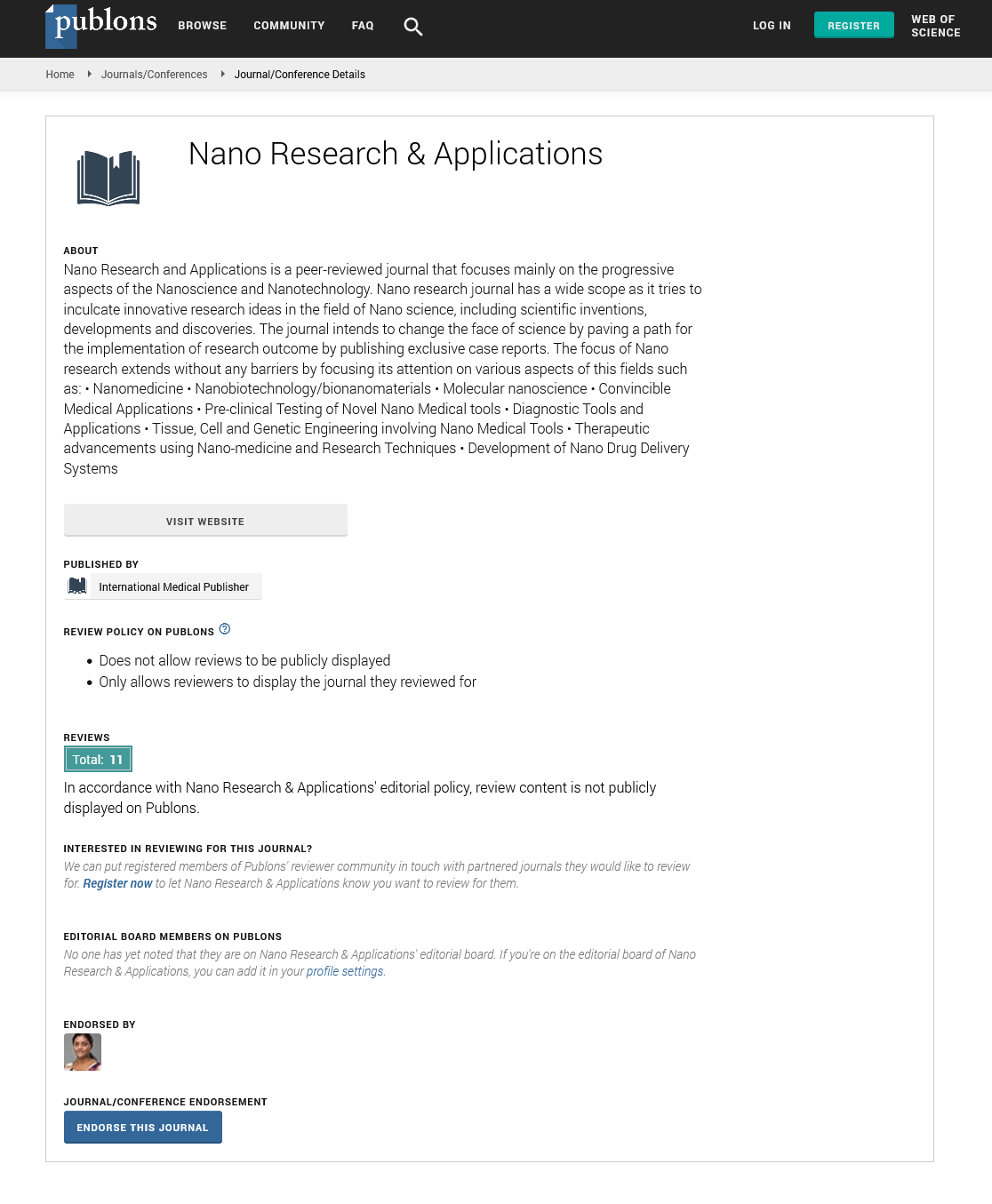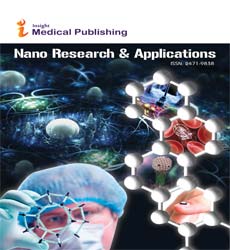Abstract
Using Machine Learning to Prevent Biofouling in Marine Environments
Developing novel approaches to detect and prevent biofouling in Polyethylene molded products is key to the marine industries. In many cases, these Polyethylene products fail to perform their intended function if they acquire too much fouling on the surface. There are two primary methods currently used to reduce the fouling on these polyethylene structures: preventative and maintaining. In maintaining measures, the structures are regularly cleaned and the surfaces is scrubbed or poisoned in order to remove the organisms. In preventative, the structure is either treated with an antifoulant or the surface is formulated in a manner that helps to prevent the organisms from either attaching or growing in the first place. Earlier research done using the realtime data collected over a span of three years at the Poseidon Testing Center in Tuticorin Bay India has provided evidence of an accelerated growth environment to evaluate these antifoulants. In this research effort, we will be using a predictive approach based on machine learning using the previously collected real-time data to determine the lifespan of these antifoulants as a function of the amount of antifoulant used. The developed will be also used to predict the use of different antimicrobials in varying concentrations to protect Polyethylene molded products from developing prohibitive fouling in marine environments. The prediction results (algorithms with prediction accuracy of 80% and higher) will then be used to evaluate and optimize the design criteria used for surfaces to provide effective protection against biofoulings
Author(s):
Emily M. Hunt
Abstract | Full-Text | PDF
Share this

Google scholar citation report
Citations : 387
Nano Research & Applications received 387 citations as per google scholar report
Nano Research & Applications peer review process verified at publons
Abstracted/Indexed in
- Google Scholar
- China National Knowledge Infrastructure (CNKI)
- Directory of Research Journal Indexing (DRJI)
- WorldCat
- Publons
- Secret Search Engine Labs
- Euro Pub
Open Access Journals
- Aquaculture & Veterinary Science
- Chemistry & Chemical Sciences
- Clinical Sciences
- Engineering
- General Science
- Genetics & Molecular Biology
- Health Care & Nursing
- Immunology & Microbiology
- Materials Science
- Mathematics & Physics
- Medical Sciences
- Neurology & Psychiatry
- Oncology & Cancer Science
- Pharmaceutical Sciences


